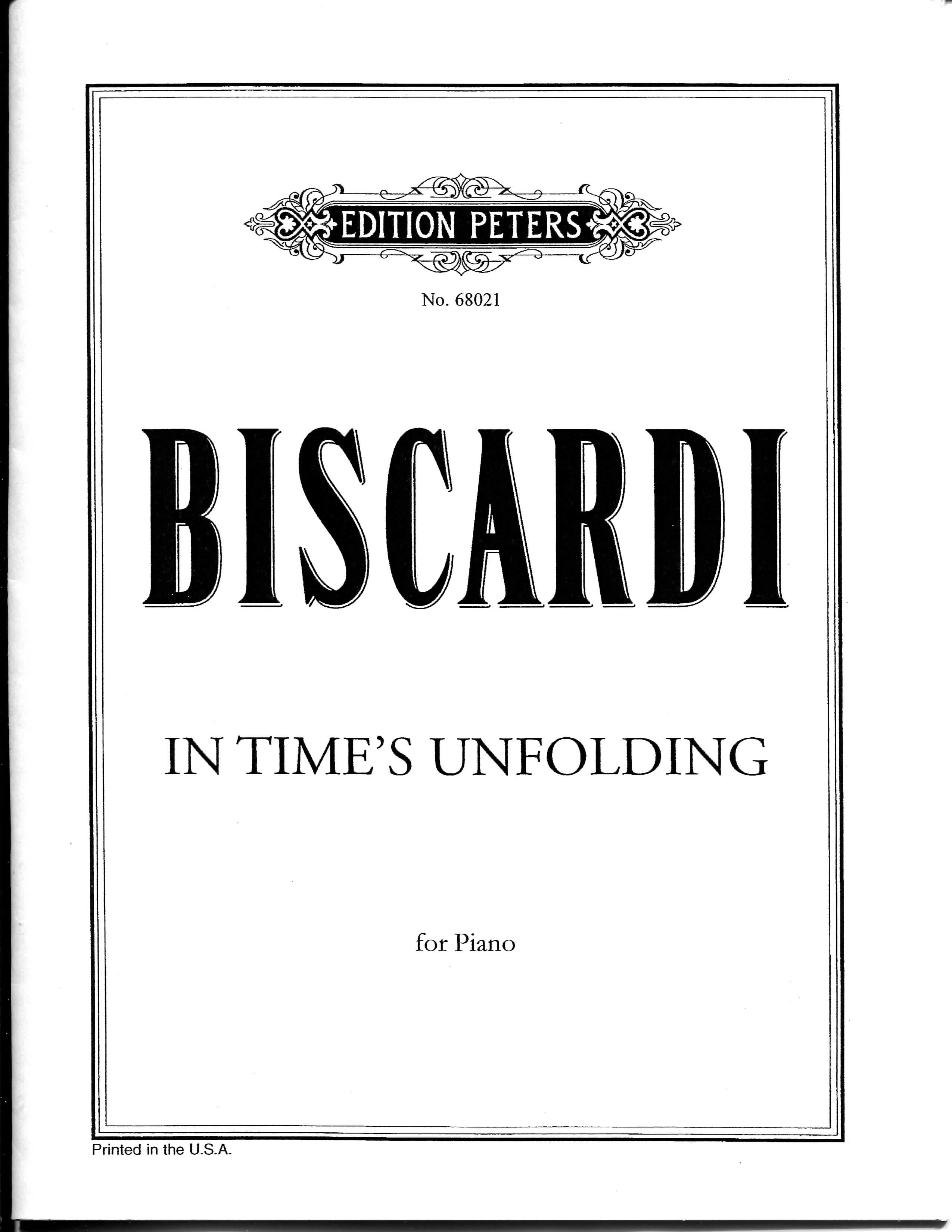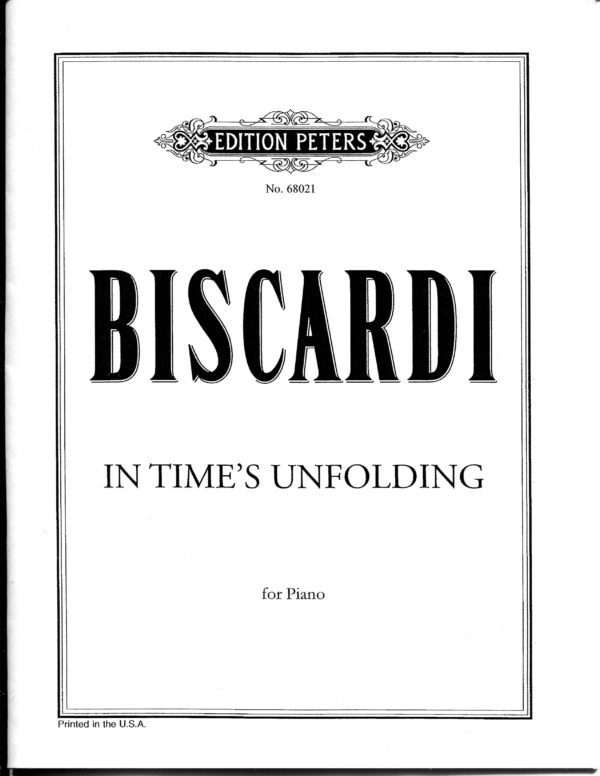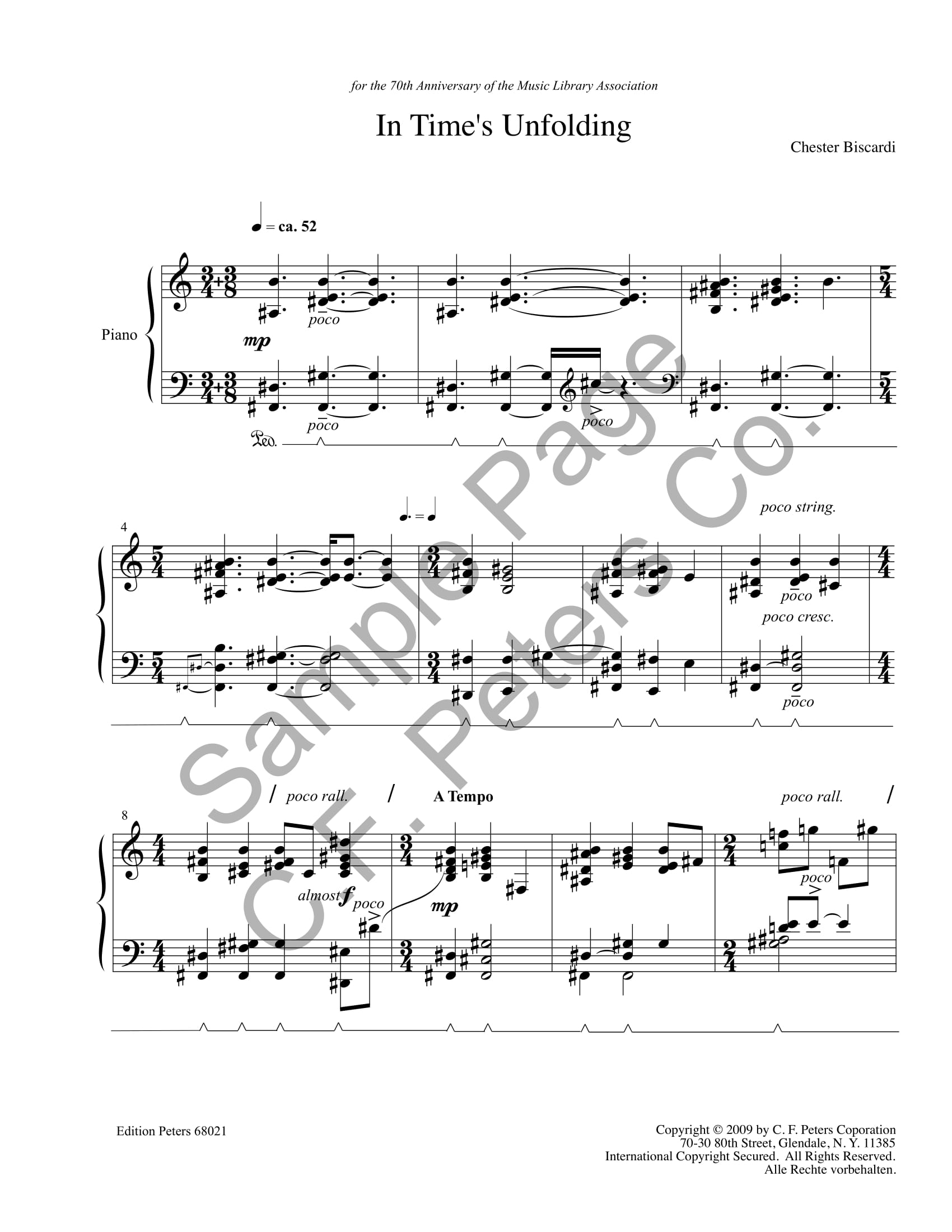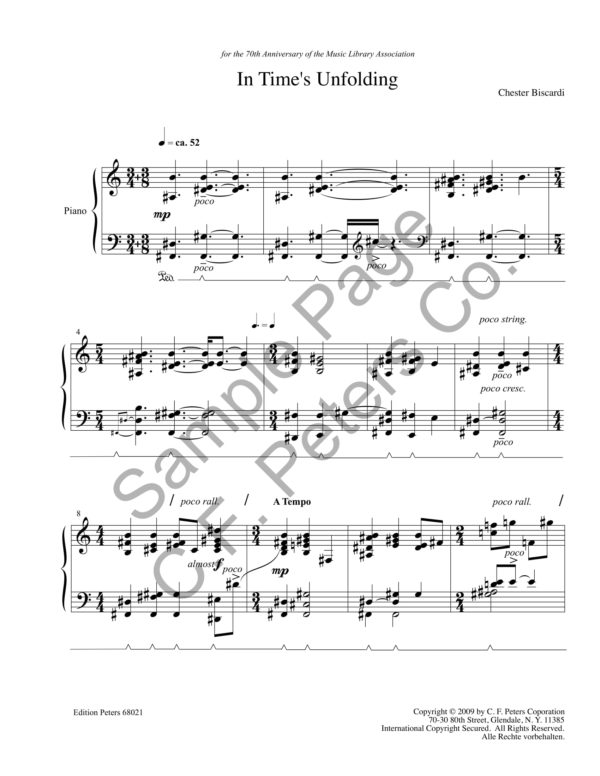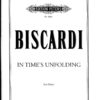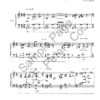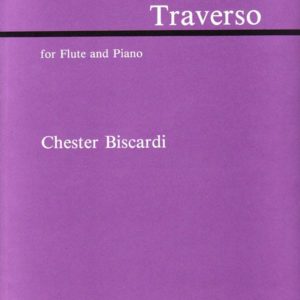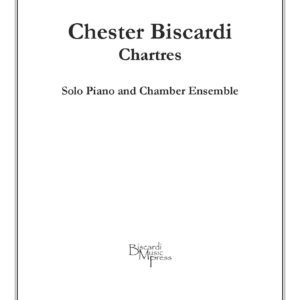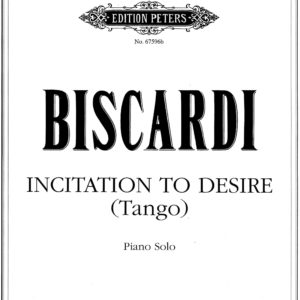Description
Audio
Marc Peloquin, piano
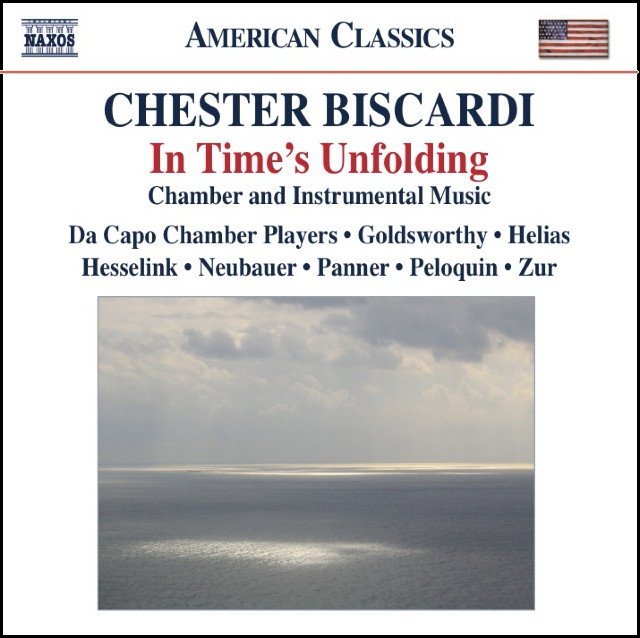
This recording appears on Chester Biscardi: In Time's Unfolding, Naxos 8.559639 (Hong Kong, 2011) with Tartini, Piano Quintet, Mestiere, Di Vivere, The Viola Had Suddenly Become a Voice, and Companion Piece (for Morton Feldman). Liner notes by the composer.
Premiere
23 February 2001 Ju Ying Song, piano Music Library Association 70th Anniversary Concert, CUNY Graduate Center New York, NY
Dedication
Written for the 70th Anniversary of the Music Library Association.
Publisher
Program Notes
In Time’s Unfolding, for piano (2000), was commissioned by the Music Library Association to commemorate its 70th Anniversary in New York City in 2001. In response to the MLA’s request for music that would “look forward and reflect backward at the same time,” I created a work that reflects the past and celebrates the moment, in which time unfolds over a musical landscape that is at once poignant and painful, lonely, exuberant, heroic, and – in a concentrated way – epic. I evoke my childhood memories of music by Robert Schumann, George Gershwin and Aaron Copland that interweave with self-references to several of my earlier piano works – Mestiere (1979), Piano Concerto (1983), Piano Sonata (1986; rev. 1987), and Companion Piece (for Morton Feldman) (1989/1991) – and the song, “Recovering” (2000). Schumann’s influence appears as a direct quote from the opening of Carnaval, Op. 9 (1834-1835) as a way of moving the work forward, while I incorporate the sounds of Gershwin and Copland to subtly resonate in the texture of my work without directly imitating their music. The opening measures were suggested by the simple and stunning repeated two-chord introduction of Keith Jarrett’s version of “Something To Remember You By” (Howard Dietz/Arthur Schwartz) on his 1999 solo recording, The Melody At Night, With You (ECM 1675). The title comes from the seventh section of Galway Kinnell’s eleven-part poem, “When One Has Lived a Long Time Alone” (1990), where “as the conscious one among those others/uttering their compulsory cries of being here . . . all of them in time’s unfolding/trying to cry themselves into self-knowing -/one knows one is here to hear them into shining . . .”

